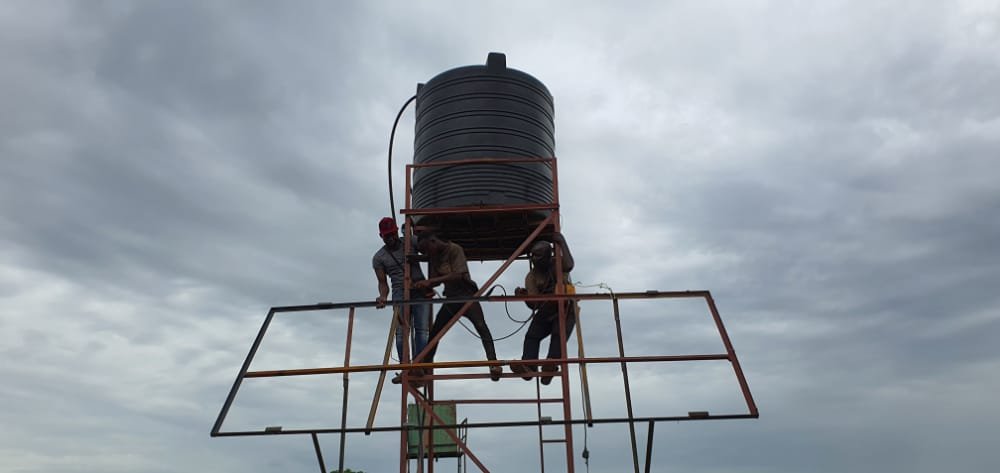
Water access for rural communities
Access to clean and safe drinking water is a fundamental human right, yet in many rural communities in The Gambia, this basic need is not met. In order to address this issue, it is essential to invest in the construction of water supply systems that can provide safe and quality drinking water to the population. Not only will this improve the overall health and well-being of the community, but it will also contribute to alleviating the burden placed on women and girls who are often responsible for collecting water.
The burden of collecting water falls disproportionately on women and girls, who spend a significant amount of their time and energy walking long distances to access water. This not only limits their ability to participate in other activities such as education and paid work, but it also exposes them to the risk of violence and harassment. By providing a reliable and easily accessible source of clean water, we can empower women and girls to participate more fully in their communities and pursue educational and economic opportunities.
In addition to improving access to clean water, investing in water supply systems can also have a positive impact on the local economy by creating jobs and stimulating economic growth. Access to clean water also promotes agricultural development, which can increase food security and improve the livelihoods of farmers. Furthermore, it can also reduce the spread of water-borne diseases and improve overall health outcomes in the community.
In conclusion, constructing water supply systems in rural communities in The Gambia is a crucial step in addressing the pressing needs of the population and promoting sustainable development in the region. It not only improves access to clean and safe drinking water, but also empowers women and girls and contributes to economic growth. Investing in this infrastructure is an essential step in promoting gender equality and sustainable development in the region.
